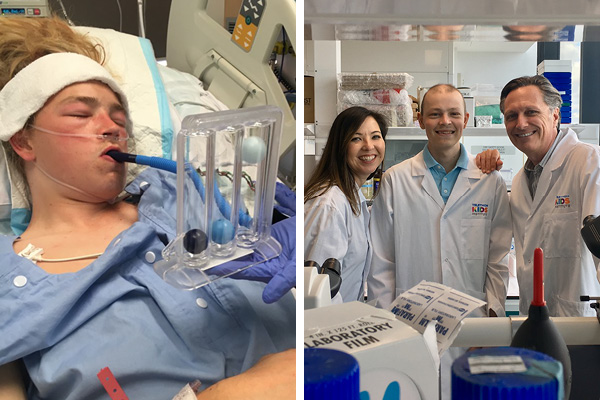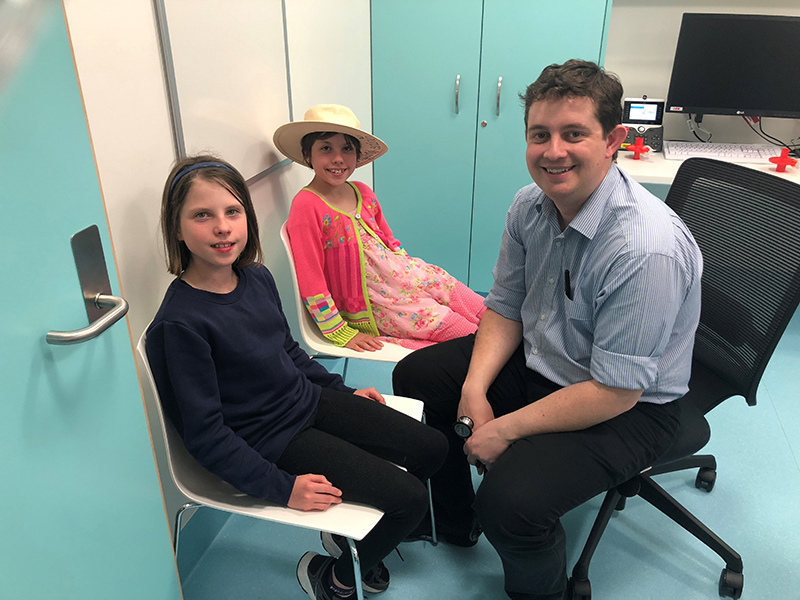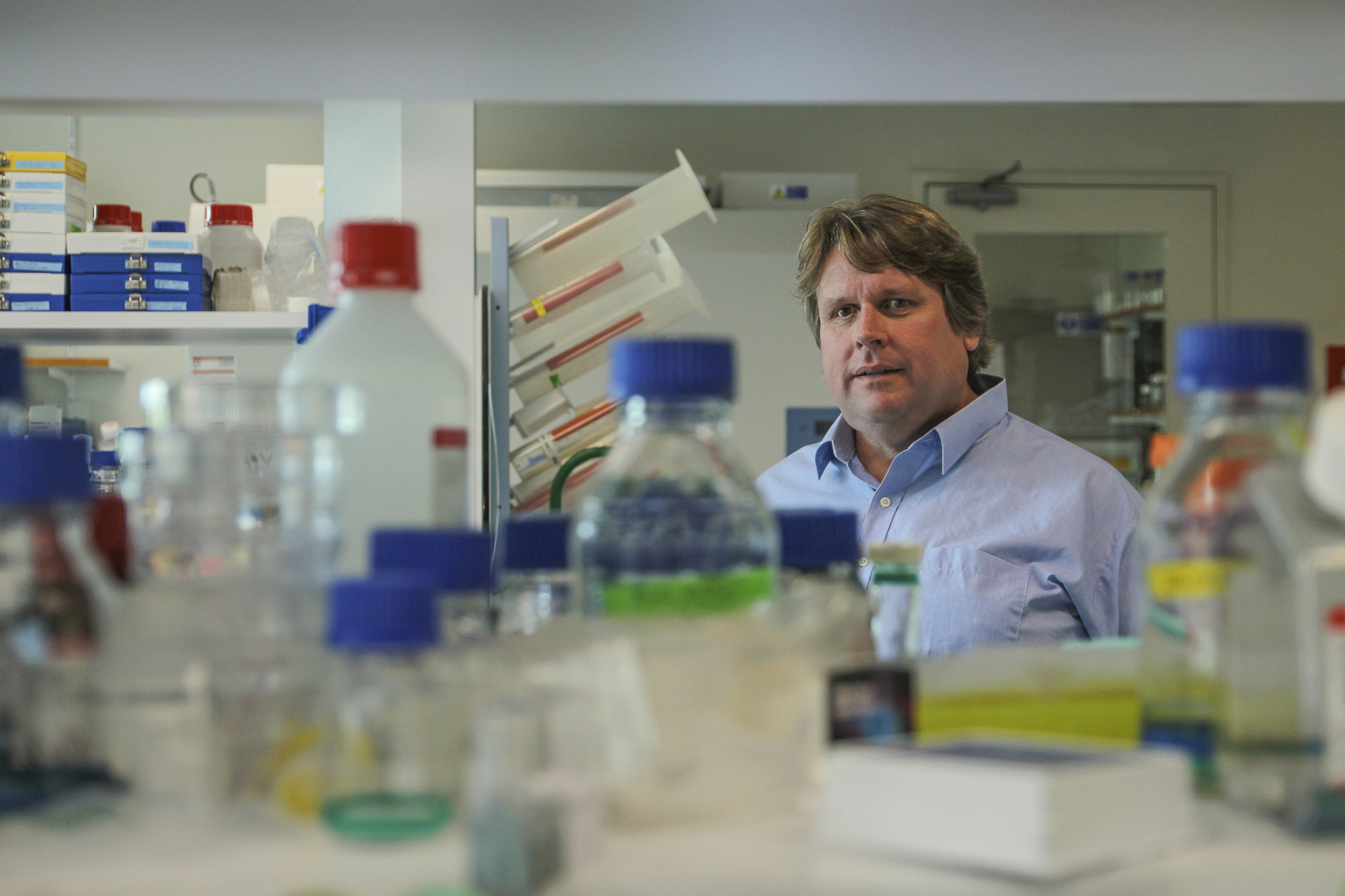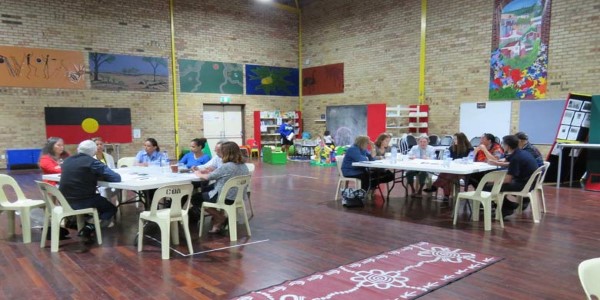Search

News & Events
Meet Baxter HutchinsonBaxter Hutchinson was diagnosed with two life-threatening brain tumours a year ago, aged 17. Since then he has undergone surgery, radiotherapy and chemotherapy in his journey to beat the cancer.

News & Events
Australia urged to invest more in early childhood years to avoid crisisThe first major national study into the cost of providing late intervention services to children and young people has called for smarter and wiser expenditure to ensure children receive vital support services at a much earlier stage.

News & Events
Framing messages for social changeThe nuanced message conveys the foundational importance of child development in the early years but avoids triggering concerns there are no opportunities to intervene at a later age.

News & Events
Accelerating Child Health Research: A Systems Biology SymposiumThe integration of multi-omics approaches with clinical research will be, without doubt, a cornerstone of future innovation in medical practice.
Registration Details about Registration When you register you will be asked to register for both the two-day auditorium presentations on days one and

News & Events
The impact on childrenThe Aussie summer provides some great opportunities for families to connect in an active and social way. But with it comes a range of factors that can impact on child and family health.

News & Events
Can a simple urine test predict asthma? New study aims to find outThe Kids Research Institute Australia researchers are investigating whether a simple urine test could predict whether young children with wheezing symptoms will go on to develop asthma.

News & Events
The Kids researchers seek cure for devastating gliomaThe Kids Research Institute Australia’s cancer researchers will use funds raised in the name of a brave three-year-old girl to launch a new assault on the devastating form of childhood cancer which took her life.

News & Events
Northern Territory building on strengthsmedia enquiries Mailing list Media Contacts Be Inspired Please direct general enquiries to our reception on (08) 6319 1000. Please direct media

News & Events
Premmie twins defy the oddsWhen Samuel and James Considine were born in October 2003, perilously close to what the medical world describes as the limit of viability, each weighed just 700 grams and could fit into the palm of their father’s hand.
